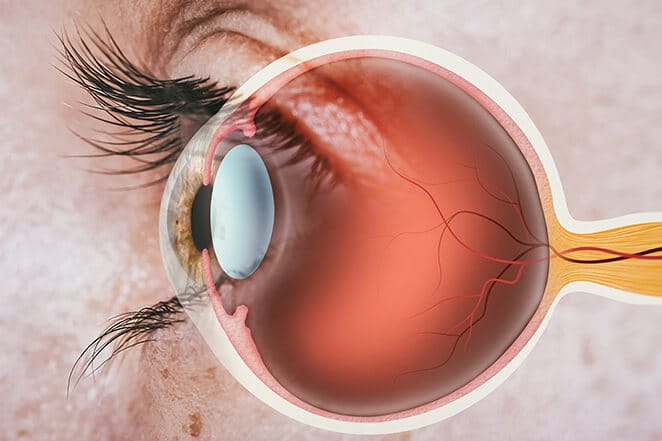Retina

Retina
The eyes are an essential way of seeing the world around you. But it takes many parts to keep them healthy. At Newton Wellesley Eye Associates, we treat many eye conditions, including retina conditions.
What is the Retina?
The retina is a thin layer of tissue at the back of the eye. It lines the inner surface of your eye.
The retina has cells that are sensitive to light and transmit signals to the brain, helping you see the things around you. If the retina is not working as it should, you may develop certain conditions that affect its ability to function.
Common Retina Conditions:
At Newton Wellesley Eye Associates, these are some retina conditions we regularly treat:




